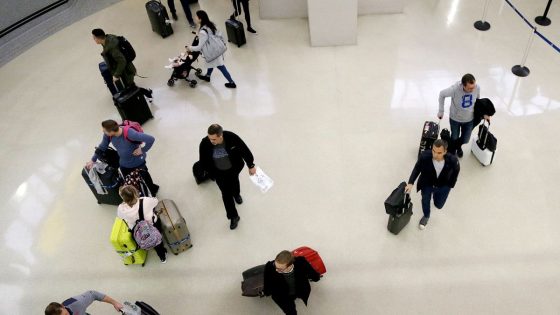The European Commission has proposed increasing the ETIAS fee for visa-exempt travellers from €7 to €20, a move confirmed by a senior EU official on 2025-07-21 08:30:00. This change aims to bolster the EU budget as the bloc prepares for new financial frameworks.
- ETIAS fee for short stays increases to €20.
- Visa-exempt travel starts in late 2026.
- Applies to 30 European countries.
- Proposal aims to raise €300 million annually.
- Requires endorsement from Council and Parliament.
- Exemptions for minors and seniors remain.
Starting in late 2026, the European Travel Information and Authorisation System (ETIAS) will require travellers from visa-exempt countries, including the UK, US, Canada, Brazil, and Australia, to obtain authorization for short stays in 30 European nations. The proposed fee hike is expected to generate an additional €300 million annually.
This fee increase raises important questions about the impact on global travel. Will this deter tourism, or is it a necessary step for funding EU initiatives? Consider these points:
- The fee hike is designed to support the EU’s long-term budget.
- Exemptions will still apply for minors and seniors.
- The proposal does not require unanimous approval from all member states.
- It reflects a broader trend of increasing travel regulations worldwide.
As the EU moves forward with this initiative, travellers should stay informed about potential changes and prepare for new regulations that could affect their plans.
































